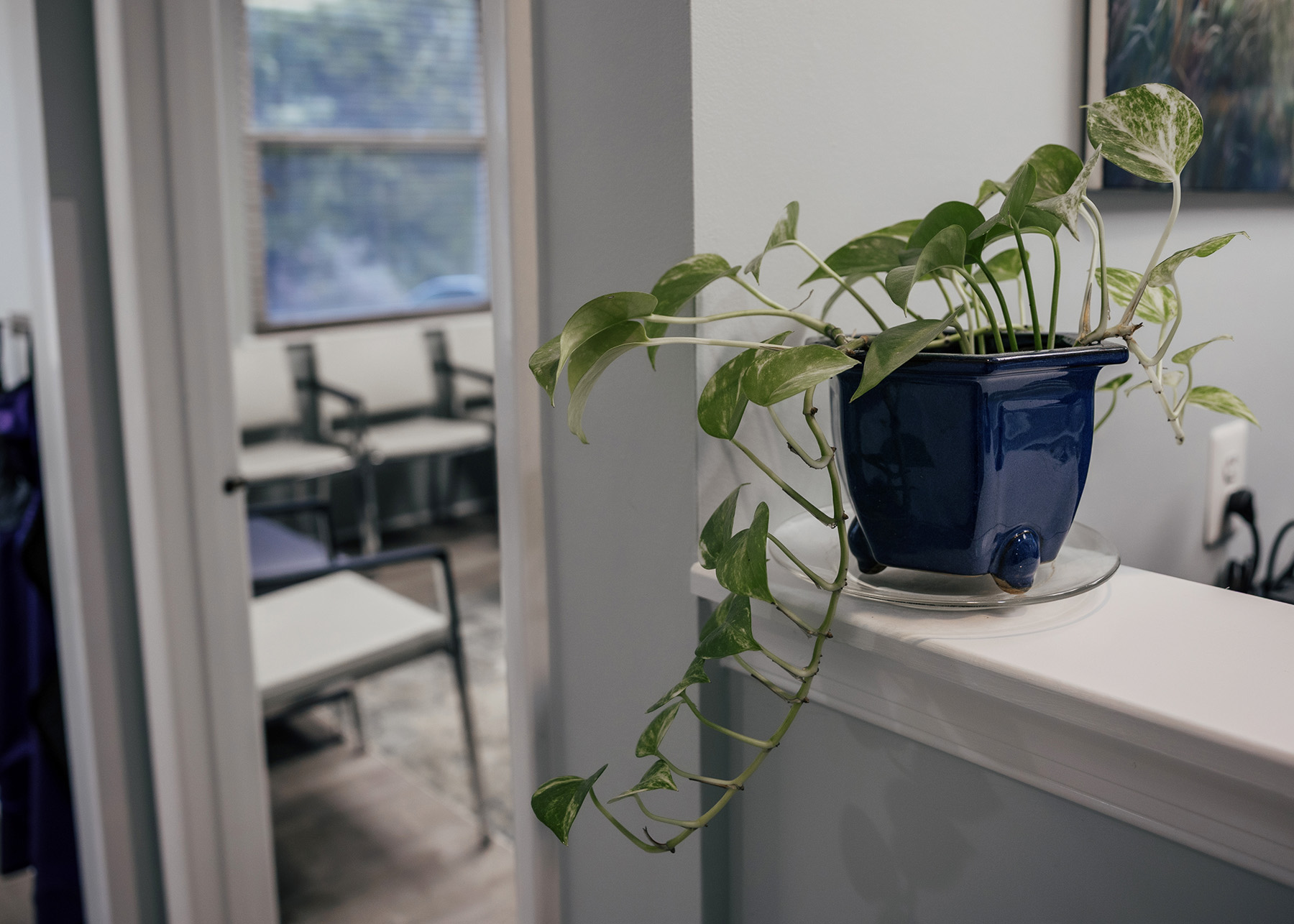Sleep Apnea Solutions

Does your partner complain about your snoring or do you frequently wake up feeling groggy or with a headache or sore throat? If yes, then you could be suffering from sleep apnea, and the effects of sleep apnea can be much more serious than jokes about you sawing logs during naptime.
What Is Sleep Apnea?
Sleep apnea is a sleep disorder characterized by the frequent, repeated cessation of breathing during sleep. Left untreated, sleep apnea (and the frequent low oxygen levels it causes) can increase the risk of serious health problems such as:
- Heart disease
- High blood pressure
- Irregular heartbeat (arrhythmia)
- Stroke
- Heart attack
- Heart failure
- Insulin resistance
- Type 2 diabetes
- Obesity
There are three basic types of sleep apnea, and they are defined based on the underlying cause:
- Central Sleep Apnea (CSA) - Central sleep apnea is caused by a nervous system disorder where signals are not sent between the brain and the muscle tissues that control breathing.
- Obstructive Sleep Apnea (OSA) - The most common type of sleep apnea is obstructive sleep apnea, which occurs when muscles inside the throat relax during sleep and block the airway.
- Complex Sleep Apnea (CompSA) - Complex sleep apnea occurs when patients exhibit both OSA and CSA.
Signs and Symptoms of Sleep Apnea
The signs and symptoms of sleep apnea include:
- Snoring
- Waking up gasping for breath
- Waking up with a sore throat
- Waking up with a headache
- Waking up feeling groggy or unrested
- Experiencing daytime drowsiness
- Brain fog and inability to concentrate
- Irritability and moodiness
- High blood pressure
- Weight problems
- Sleep bruxism (clenching the jaws and grinding the teeth)
How to Know If You Have Sleep Apnea
People often don't realize they are experiencing symptoms of sleep apnea because the most common symptom, snoring, happens while they are asleep. However, if you experience any of the signs or symptoms above, then you might have sleep apnea.
To know for certain, patients must undergo a sleep study ordered by a doctor. This study takes place at a sleep clinic where the patient is monitored through the night. Measurements taken during sleep enable a doctor to determine whether or not the patient has sleep apnea, how severe it is, and which type of sleep apnea they have.
Sleep Apnea Treatment Options
Treatment options for sleep apnea depend on the type of sleep apnea present. For patients suffering from CSA or CompSA, a CPAP (continuous positive airway pressure) machine is the primary treatment option.
More treatment options are available for patients with OSA, including a sleep apnea mouthguard. Mouthguards for sleep apnea are convenient and more comfortable than a CPAP machine. They travel easily, require no electricity, and they don't make any noise. Each mouthguard is custom designed to fit each individual patient to hold their jaw in a forward position that prevents airway obstruction during sleep.
Sleep Dentistry and Comfortable Sleep Apnea Treatment in Burke, VA
At our practice, we're proud to provide our patients with holistic dental care that focuses on general, total-body wellness in addition to optimal oral health. If you suspect you might be suffering from sleep apnea or if you have already received a sleep apnea diagnosis from a sleep specialist, then we encourage you to request a consultation with Dr. Klioze. He can talk with you about your diagnosis, its potential impact on your oral and general health, and provide you with an effective treatment to help you sleep through the night and wake up well rested.
To learn more about how we can help you better manage your sleep apnea, we invite you to contact our dental office in Burke, VA today.
More Information Coming Soon...
We can’t wait to

Call (703) 323-8820 or request an appointment online to set up your first visit. We’ll be in touch soon.